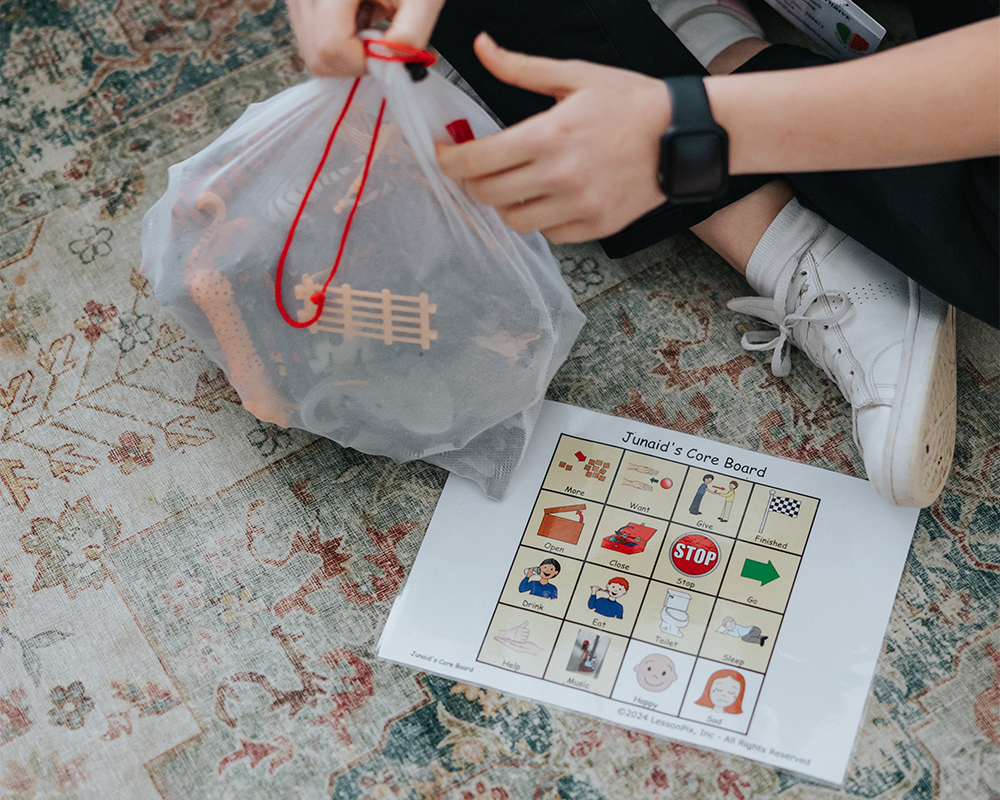Allied Health Assistants work under the direct supervision of fully qualified therapists to provide therapeutic support in a variety of roles including occupational therapy and speech pathology. They will target the goals for the participant, as developed by the therapist, and will monitor and report changes in progress.

It's important to note that the specific tasks and responsibilities of an Allied Health Assistant may vary depending on the scope of practice and the specific requirements outlined by the allied health professional they are working under. The role of an Allied Health Assistant is to support and assist the professional in delivering quality care to the client.